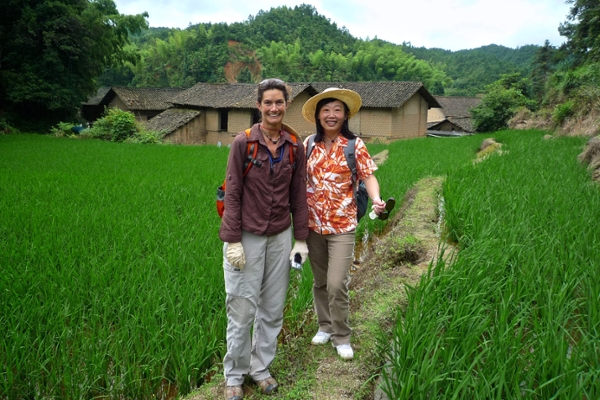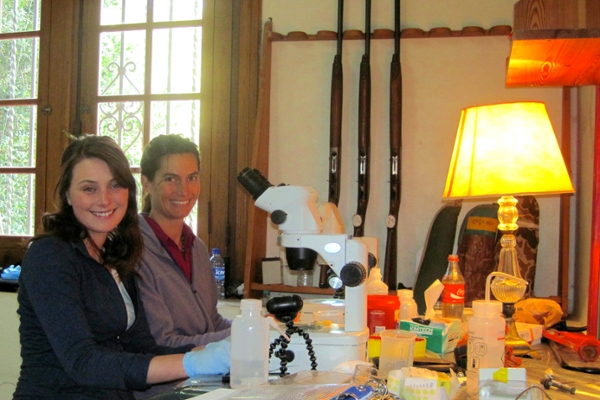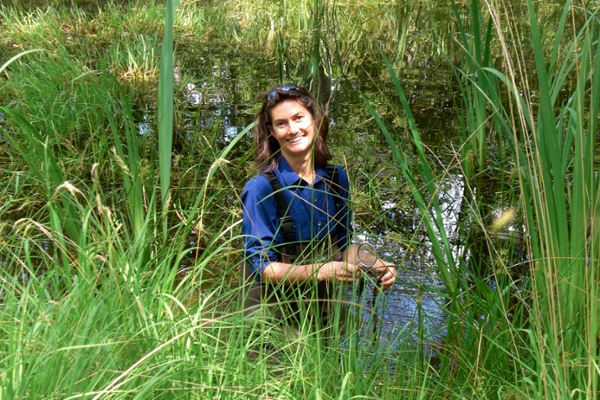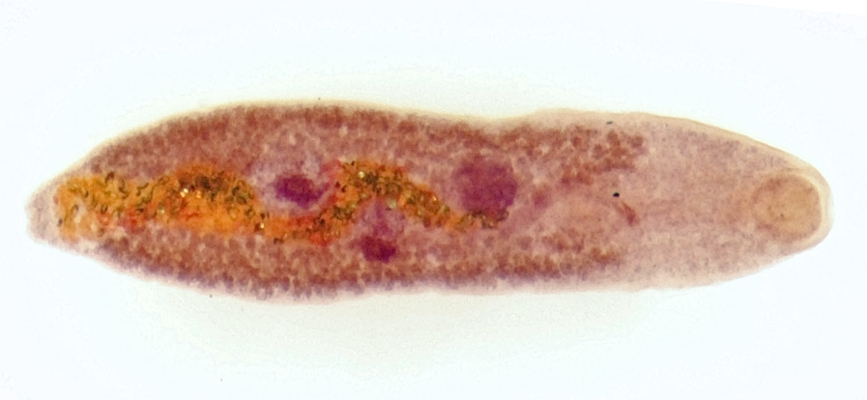Global Schistosome Diversity
Schistosomatidae includes 96 species in 14 genera and is currently divided into four subfamilies: Bilharziellinae and Gigantobilharzinae in birds, Schistosomatinae in mammals (and a few birds), and Griphobilharzinae in crocodiles. Our molecular studies indicate that Griphobilharzinae nest within the Spirorchiidae so is not a schistosome (Brant & Loker 2005). Over half of schistosome diversity (65%) lies within a large clade that parasitizes birds, which includes Bilharziellinae and Gigantobilharzinae. Until recently, the BTGD clade has received little attention and its taxonomy is in disarray. In the last several years, a new genus and several new lineages in the BTGD clade have been discovered with morphological features quite different and opposite to those for the mammalian schistosomes. These features include: short or absent gynecophoric canal; either flat or thread-like bodies; reduced dimorphism; no pair formation; and the use of both freshwater and marine snail hosts. Impact on the taxonomy of Schistosomatidae: A critical result of this research will be the establishment of a database and natural classification for the avian schistosomes based on morphology, life cycle biology and DNA. Schistosomes are significant on the world health agenda at a time when taxonomy wanes in expertise. This research will illuminate the life history and diversity of a very understudied schistosome clade by providing baseline data for large and small-scale evolutionary hypothesis testing.








